Beautiful, healthy hair starts from within. Your hair’s strength, shine, and growth depend on essential nutrients you provide your body through diet and supplementation.
To achieve optimal hair health, it’s important to know which vitamins and minerals your hair needs to thrive. While a balanced diet rich in whole foods is the best way to get these nutrients, supplements can help fill in any gaps when your diet isn’t enough.
Think of your hair like a delicate plant – it requires specific nutrients to grow strong and vibrant. Just as a plant wilts without proper nourishment, your hair can become brittle, dull, or even stop growing if it doesn’t receive essential vitamins and minerals.
Ready to transform your hair health journey? In this article, we’ll explore the best vitamins and minerals that can:
- Stimulate hair growth
- Enhance hair strength
- Improve scalp health
- Boost hair shine and vitality
- Prevent hair loss and breakage
Let’s dive into the science-backed nutrients that can help you achieve the healthy, radiant hair you desire.
Understanding Hair Health
Your hair’s health starts at its foundation – a complex structure that grows in a predictable cycle. Each strand of hair emerges from a tiny pocket in your skin called a follicle. These follicles contain specialized cells that produce keratin, the protein that makes up your hair.
The Hair Growth Cycle
The hair growth cycle consists of three distinct phases:
- Anagen (Growth Phase): This active growth period lasts 2-7 years
- Catagen (Transition Phase): A brief 2-3 week period where growth stops
- Telogen (Resting Phase): A 3-month phase where old hair sheds to make way for new growth
The Role of Your Scalp
Your scalp acts as the living foundation for your hair’s health. A healthy scalp creates an optimal environment for hair growth by:
- Maintaining proper oil balance
- Housing blood vessels that deliver nutrients
- Protecting hair follicles from damage
- Supporting the natural microbiome
Think of your scalp as fertile soil – just as plants need healthy soil to grow strong, your hair needs a healthy scalp to thrive. The condition of your scalp directly impacts:
- Hair texture and shine
- Growth rate and strength
- Natural oil distribution
- Protection against environmental damage
The Importance of Scalp Nourishment
A well-nourished scalp maintains the right pH balance and oil production, creating ideal conditions for robust hair growth. When your scalp’s health suffers, you might notice issues like dandruff, itchiness, or increased hair loss.
Essential Vitamins for Hair Growth
Your hair’s health depends on specific vitamins that play crucial roles in growth, strength, and shine. Here are the key vitamins that can transform your hair health:
1. Biotin (Vitamin B7)
- Drives keratin production – the primary protein that forms hair structure
- Natural sources include eggs, nuts, seeds, and legumes
- A deficiency can lead to brittle hair, thinning, and scalp flakiness
- Daily recommended intake: 30-100 micrograms for adults
2. Vitamin D
- Stimulates new hair follicle creation
- Helps maintain existing follicle health
- Get your daily dose through:
- 15-20 minutes of sunlight exposure
- Fatty fish like salmon and mackerel
- Fortified dairy products
- Egg yolks
3. Vitamin A
- Supports sebum production for a healthy scalp
- Aids cell growth and development
- Rich sources:
- Orange vegetables (carrots, sweet potatoes)
- Dark leafy greens
- Eggs
- Note: Excessive intake can trigger hair loss – stick to recommended daily amounts
4. Vitamin C
- Protects hair follicles from damage
- Boosts collagen production for hair strength
- Find it in:
- Citrus fruits
- Strawberries
- Bell peppers
- Broccoli
- Helps your body absorb iron – another essential nutrient for hair growth
5. Vitamin E
- Acts as a powerful antioxidant
- Improves blood circulation in the scalp
- Natural sources include:
- Almonds
- Sunflower seeds
- Avocados
- Spinach
- Research suggests it can increase hair growth by up to 34%
Each vitamin works together to support your hair’s growth cycle. A balanced intake through diet helps maintain optimal hair health, while deficiencies can lead to noticeable changes in hair texture, strength, and growth rate.
Important Minerals for Hair Health
Your hair’s health relies heavily on two essential minerals: iron and zinc. Let’s explore how these minerals contribute to maintaining strong, healthy hair.
Iron: The Oxygen Carrier
Iron plays a vital role in transporting oxygen to your hair follicles. Without adequate iron levels, your hair cells can’t function properly, leading to:
- Slower hair growth
- Increased hair shedding
- Brittle strands
- Premature graying
You can boost your iron intake through these iron-rich foods:
- Red meat and organ meats
- Dark leafy greens like spinach
- Lentils and beans
- Fortified cereals
- Oysters and clams
Zinc: The Growth Supporter
Zinc supports multiple aspects of hair health through:
- Protein synthesis for hair structure
- Oil gland function around hair follicles
- Tissue repair and cell reproduction
- Protection against hair follicle shrinkage
Rich dietary sources of zinc include:
- Grass-fed beef
- Pumpkin seeds
- Chickpeas
- Greek yogurt
- Mushrooms
- Cashews
A zinc deficiency can manifest as:
- Brittle hair strands
- Slow hair growth
- Excessive hair loss
- Flaky scalp conditions
To maximize absorption of these minerals, pair iron-rich foods with vitamin C sources, and avoid consuming zinc with high-fiber foods that might inhibit its absorption.
Supporting Nutrients for Hair Growth
Beyond vitamins and minerals, specific nutrients play vital roles in maintaining healthy, vibrant hair. Let’s explore these essential building blocks for optimal hair growth:
Omega-3 Fatty Acids
- Nourish hair follicles from within
- Boost scalp circulation for enhanced nutrient delivery
- Reduce inflammation that can impair hair growth
- Support hair hydration and shine
Rich sources of omega-3s include:
- Wild-caught salmon
- Mackerel
- Sardines
- Chia seeds
- Ground flaxseeds
- Walnuts
Folic Acid (Vitamin B9)
This B-vitamin supports red blood cell production and DNA synthesis – crucial processes for preventing hair thinning. A deficiency can disrupt the hair growth cycle, leading to premature hair loss.
Natural sources of folic acid:
- Dark leafy greens
- Asparagus
- Brussels sprouts
- Black-eyed peas
- Fortified cereals
- Avocados
Amino Acids
As the building blocks of proteins, amino acids create the foundation for strong, resilient hair. Your hair is made up of a protein called keratin, which requires specific amino acids for proper formation:
Essential amino acids for hair health:
- Lysine – supports iron absorption and collagen formation
- Methionine – promotes strong hair shaft development
- Cysteine – provides structure and rigidity to hair strands
- Proline – helps prevent hair breakage
You can obtain these amino acids through protein-rich foods:
- Eggs
- Greek yogurt
- Quinoa
- Lean meats
- Fish
- Legumes
- Nuts and seeds
Incorporating Vitamins into Your Diet
A balanced diet rich in essential nutrients forms the foundation of healthy hair growth. Here’s how to optimize your vitamin intake through natural food sources:
Smart Food Combinations
- Pair iron-rich foods with vitamin C sources to enhance absorption
- Combine vitamin D-rich foods with healthy fats for better nutrient uptake
- Mix zinc-containing foods with protein sources for maximum benefits
Daily Dietary Practices
- Include colorful fruits and vegetables in every meal
- Add nuts and seeds to your breakfast or snacks
- Choose whole grains over refined alternatives
- Incorporate fatty fish into your weekly meal plan
When to Consider Supplementation
- Diagnosed nutrient deficiencies
- Restricted dietary patterns
- Medical conditions affecting nutrient absorption
- Pregnancy or specific life stages
Professional Guidance
A healthcare provider can:
- Assess your current nutrient levels
- Identify specific deficiencies
- Recommend appropriate supplement dosages
- Monitor potential interactions with medications
Remember: supplements aren’t a substitute for a balanced diet. Start with food-based sources and use supplements as a complementary approach under professional supervision. Blood tests can help determine your specific nutritional needs and guide your supplementation strategy.
Conclusion
Beautiful, healthy hair starts from within. A balanced diet rich in essential vitamins and minerals creates the foundation for optimal hair growth and radiance. The combination of proper nutrition and hair care practices amplifies your results, leading to stronger, longer, and healthier locks.
Remember these key points for your hair health journey:
- Nourish from Within: Focus on nutrient-dense foods that provide the vitamins and minerals your hair craves
- Listen to Your Body: Pay attention to signs of deficiency and address them promptly
- Seek Expert Guidance: Work with healthcare professionals to develop a personalized nutrition plan
Your path to healthier hair doesn’t require drastic changes. Small, consistent steps in improving your nutrition can lead to significant improvements in your hair’s health and appearance. Combine your nutritional efforts with gentle hair care practices, adequate hydration, and stress management for the best results. When you prioritize your body’s nutritional needs, you’re investing in both your hair health and your overall wellness.
FAQs (Frequently Asked Questions)
What are the best vitamins for hair health and growth?
The best vitamins for hair health and growth include Biotin (Vitamin B7), Vitamin D, Vitamin A, Vitamin C, and Vitamin E. Each of these vitamins plays a crucial role in promoting healthy hair growth and maintaining overall hair health.
How does Biotin contribute to hair health?
Biotin is essential for keratin production, which is a key protein that makes up hair. A deficiency in biotin can lead to hair thinning and loss. It can be found in dietary sources such as eggs, nuts, and whole grains.
Why is Vitamin D important for hair growth?
Vitamin D is vital for the creation of new hair follicles. Adequate levels of vitamin D can help prevent hair loss. Natural sources include sunlight exposure and foods like fatty fish and fortified dairy products.
What role do minerals like iron and zinc play in hair health?
Iron is crucial for oxygen transport to hair cells, which impacts growth. Zinc supports tissue growth and repair related to hair health. Common dietary sources of iron include red meat, beans, and spinach, while zinc can be found in foods like oysters, beef, and pumpkin seeds.
How can I incorporate these vitamins into my diet?
Incorporating these vitamins can be achieved through a balanced diet rich in fruits, vegetables, whole grains, lean proteins, and healthy fats. If dietary changes are insufficient, consider consulting healthcare professionals about supplementation.
What is the holistic approach to maintaining healthy hair?
A holistic approach to maintaining healthy hair combines a balanced diet with proper care routines. This includes managing stress levels, staying hydrated, and seeking professional guidance when necessary to address specific concerns related to hair health.
Save 10% when you subscribe to orders on naturemade..
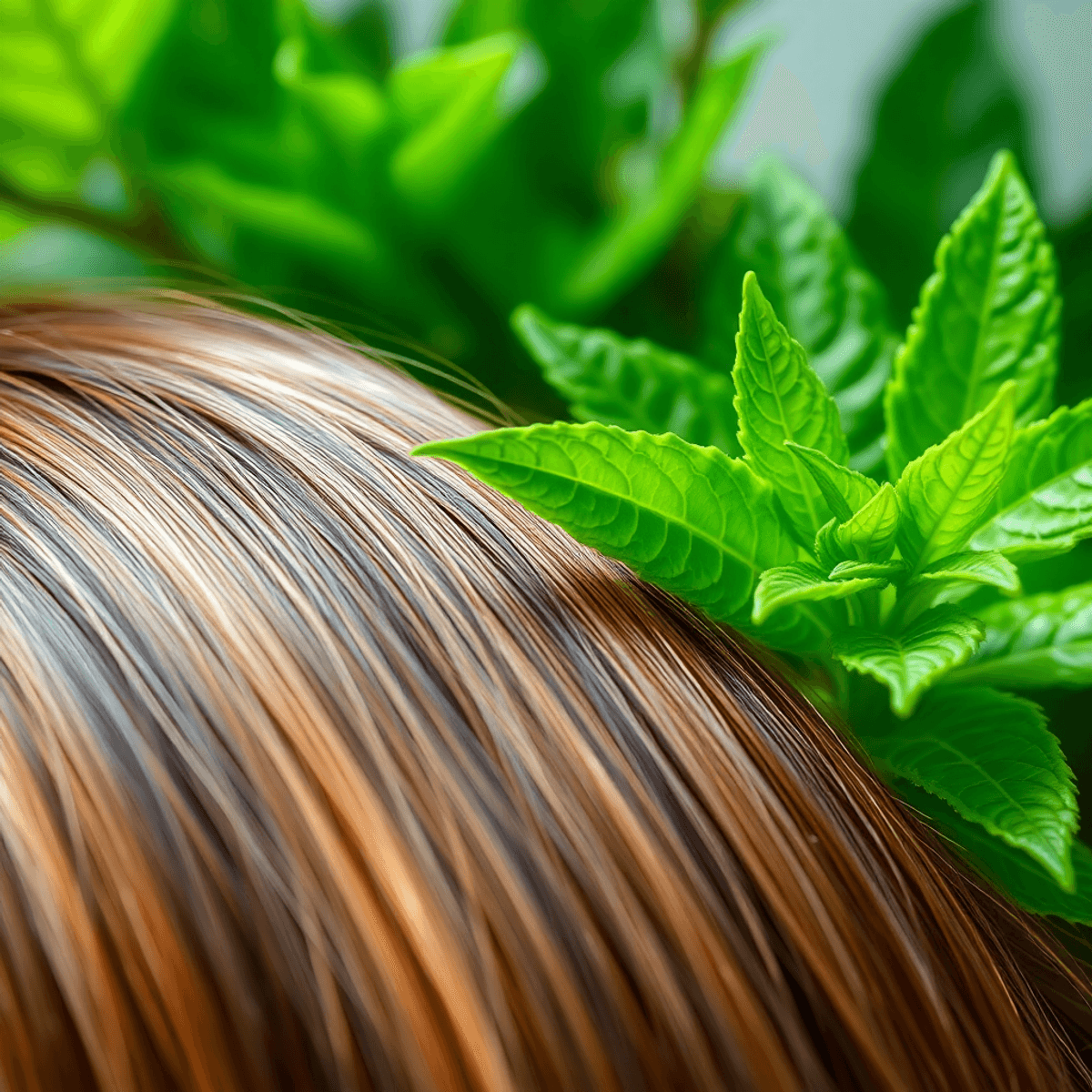

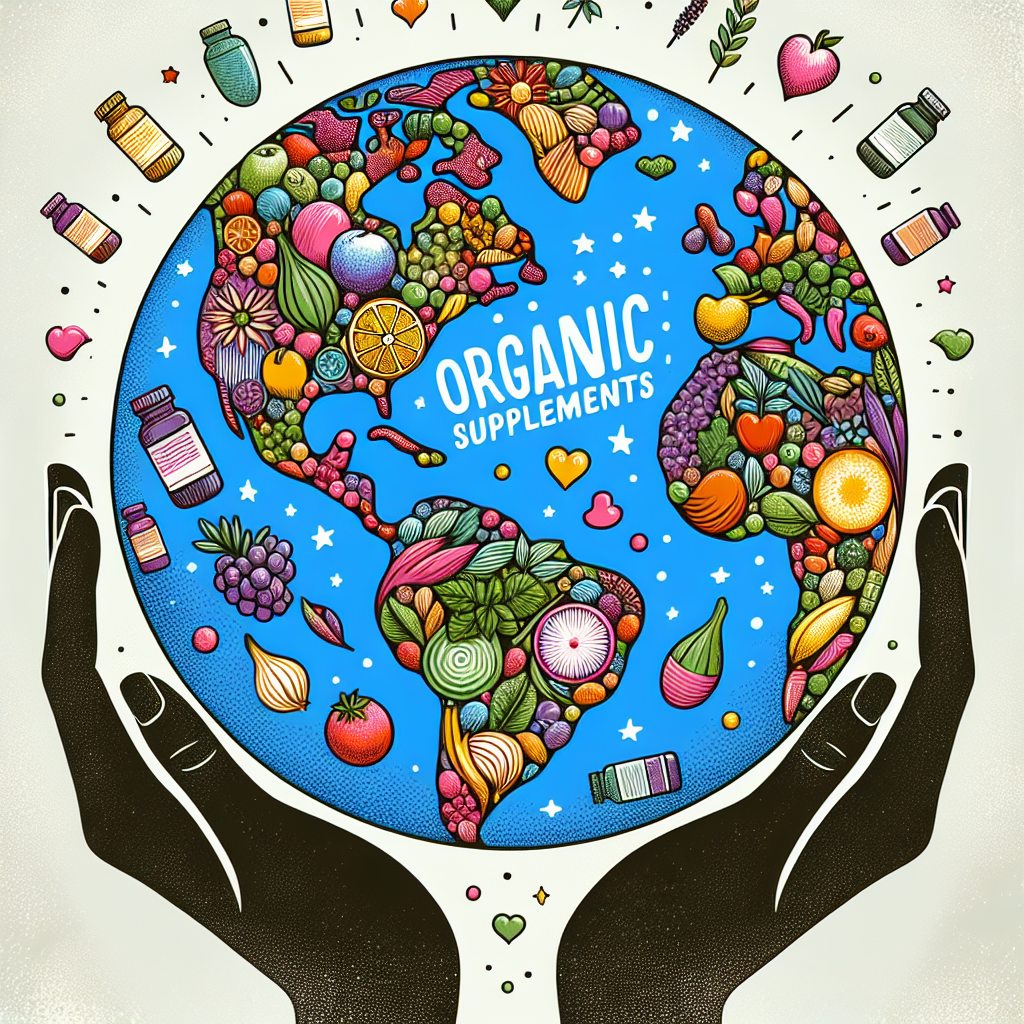

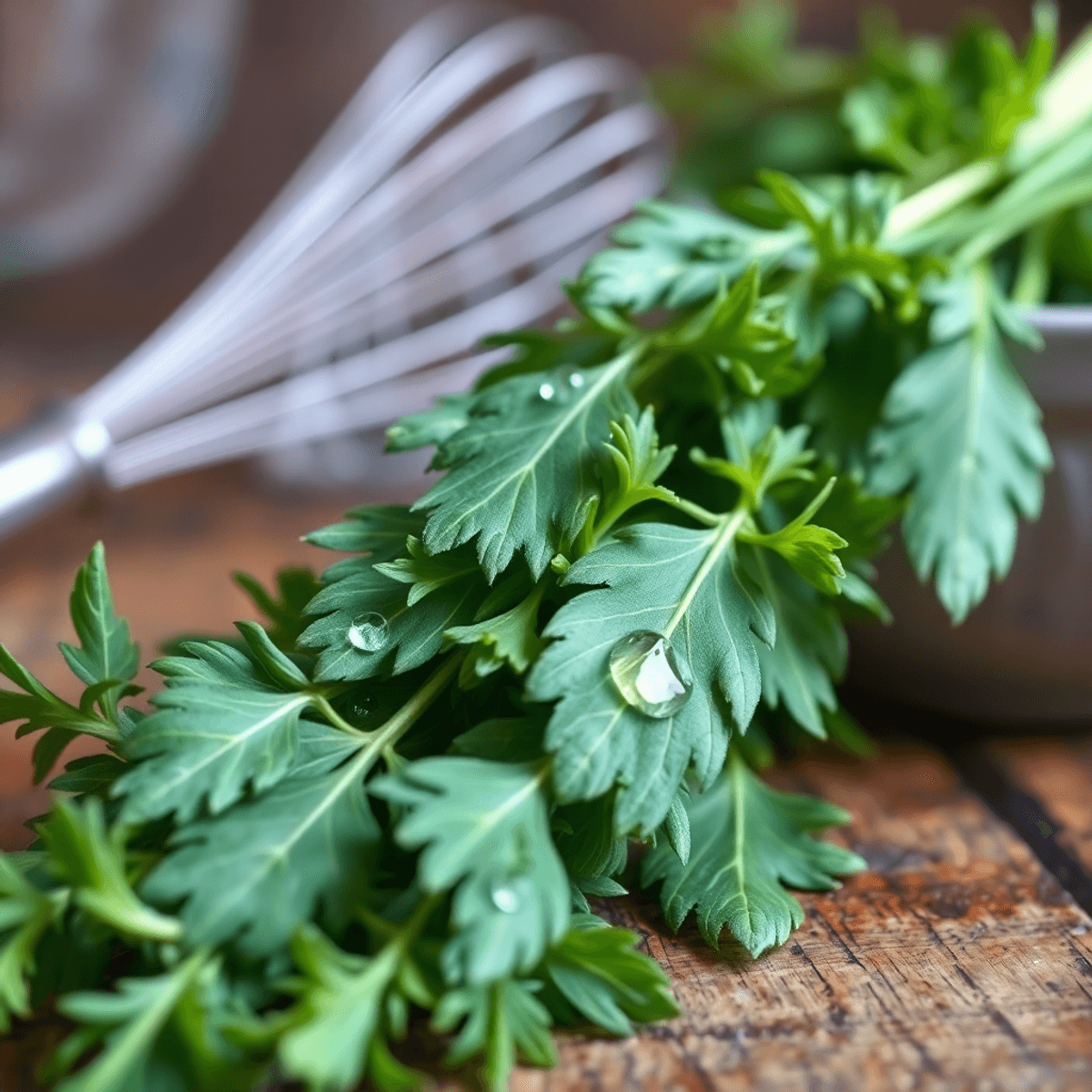
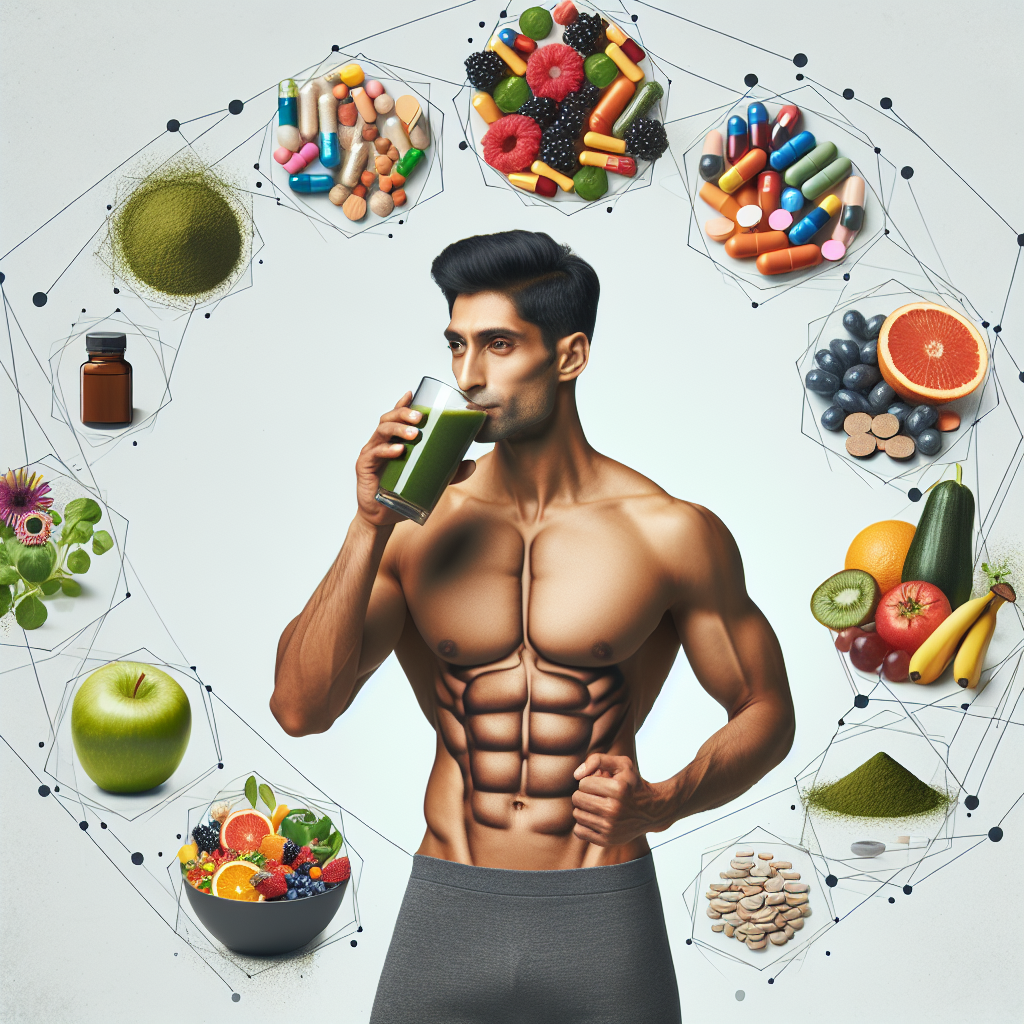
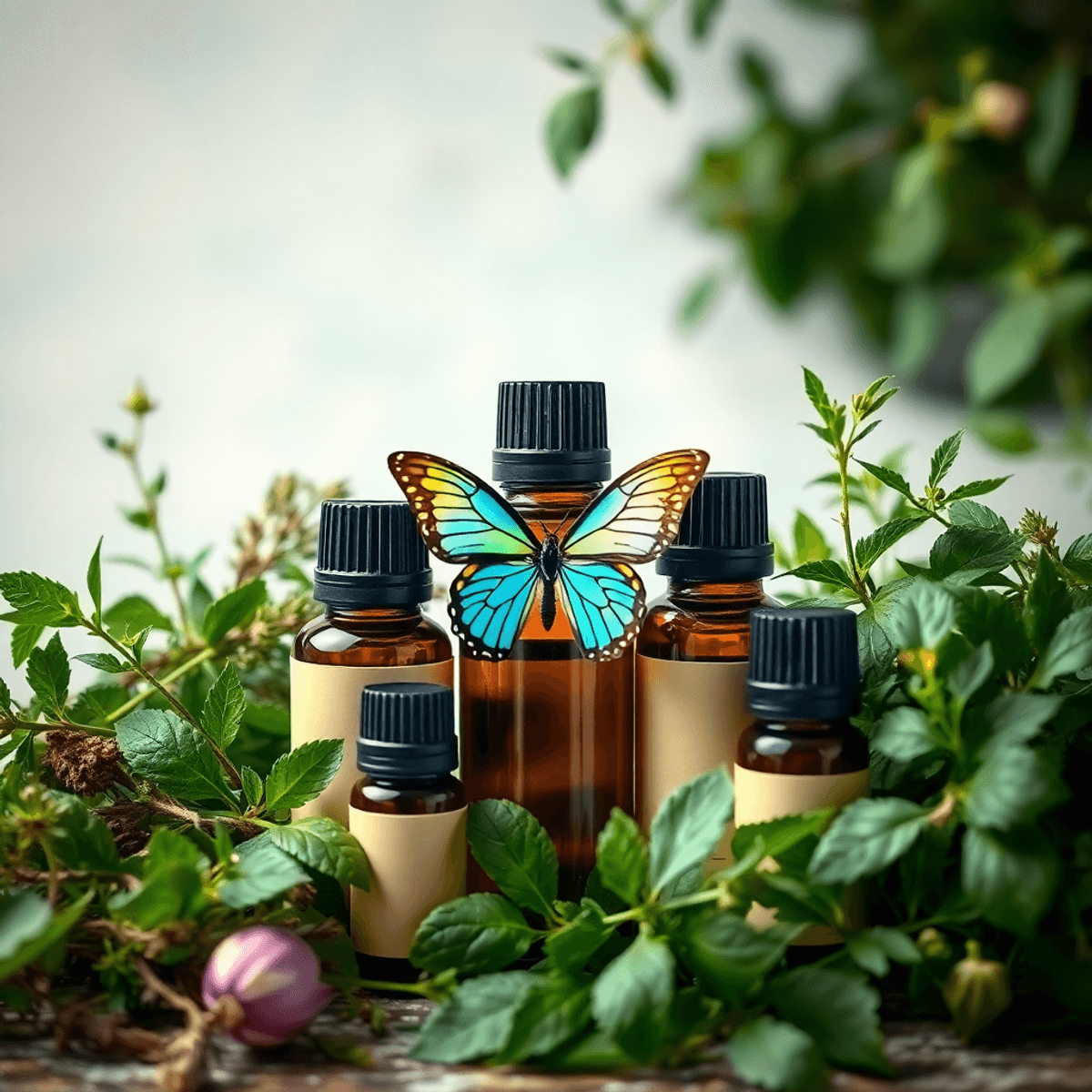
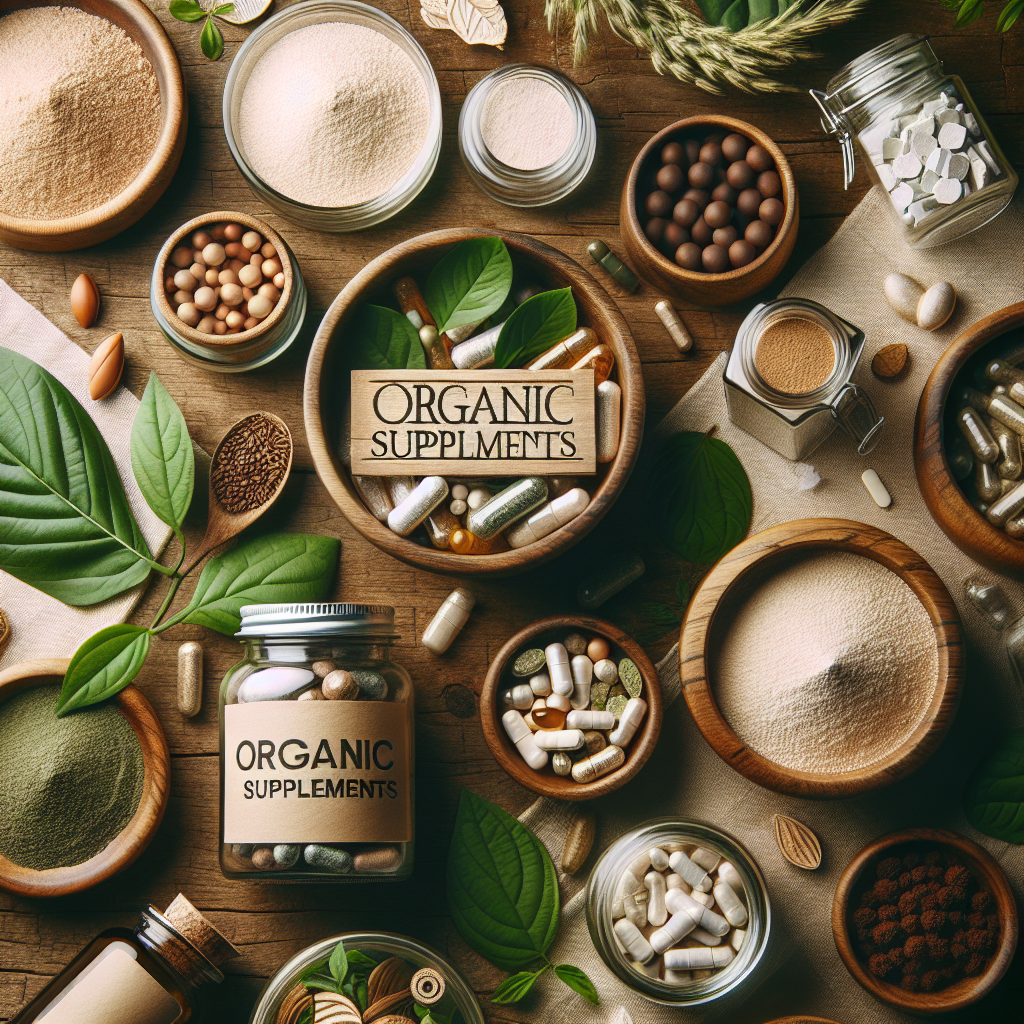


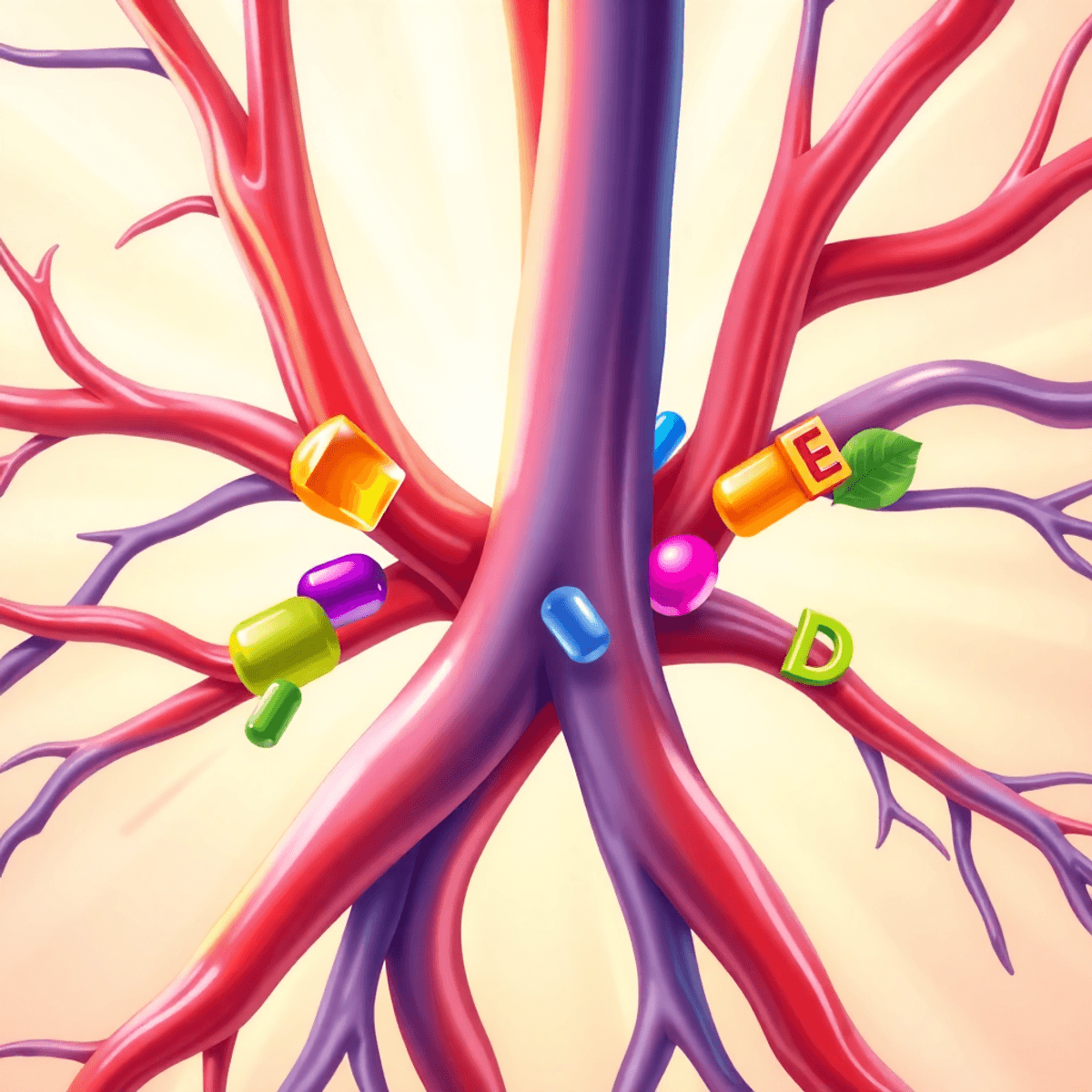
It is very important to notice that not all vitamins are the same, they have specific roles to play. Biotin is great for hair but too much vitamin A can actually cause hair loss, which is surprising. Keep an eye on what you consume!
This artical realy highlights how impurtant nutrients are for healthy hair. I always thought just washing was enough, but now I see that vitamins like Biotin and Iron is key for growth and shine. It’s great to learn this!